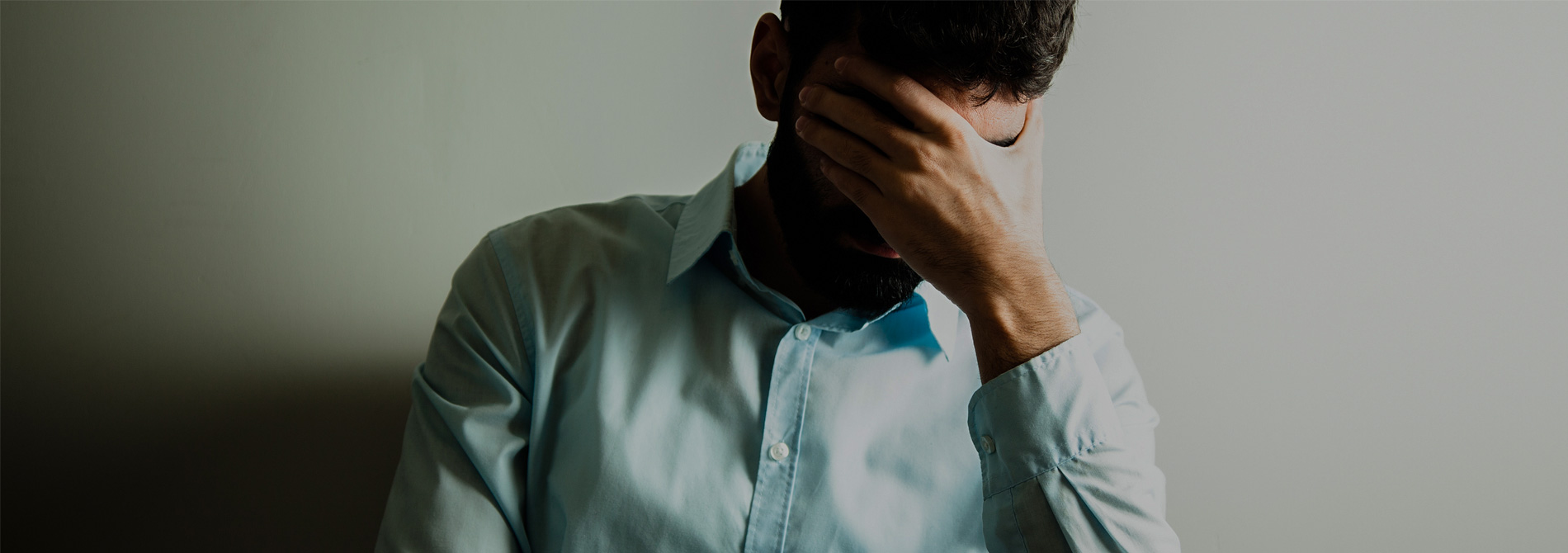Women are about twice as likely as men to suffer from an anxiety disorder, and women are more likely to experience symptoms at a younger age. Anxiety orders include generalized anxiety disorder, social anxiety disorder, panic disorder, post-traumatic stress disorder, and specific phobias. Anxiety disorders are characterized by excessive fear that can impair your thinking, judgment, and action and impair your life in many ways. Anxiety disorders, if untreated, can lead to depression and substance use disorders as well as a greater risk of health problems, such as impaired immunity and heart disease. Anxiety disorders are among the most common mental health issues.
There are a number of possible reasons women are so much more likely than men to suffer from anxiety disorders. One is simply that women may seek help more often so they are counted more. As with anxiety disorders, women are also about twice as likely as men to suffer from depression, but part of that is that depression is underreported in men. A similar thing may be happening with anxiety disorders. Men are typically less comfortable talking about their feelings and more afraid of being seen as weak or scared. As a result, men may be less likely to discuss their anxiety symptoms or seek help.
If you or a loved one need help, call our admissions team today at 561-841-1033.However, that is likely only part of the picture. Hormones may play a part as well. Women have to deal with more radical hormonal changes than men, especially during pregnancy and after childbirth. These chemical fluctuations have been linked to increased anxiety. For example, the surge in estrogen and progesterone during pregnancy have been found to increase women’s risk of obsessive-compulsive disorder, which is characterized by intrusive thoughts and obsessive worrying. What’s more, increased life stress and a decrease in sleep after childbirth can significantly increase anxiety, to the point where many new fathers experience postpartum depression despite their comparatively minor hormonal changes.
It’s not all hormones, though. Studies have also found that women are also more prone to rumination. When faced with stress, women are more likely to ruminate while men are more likely to actively seek solutions to a problem. Women are also much more likely to be victims of domestic abuse, which can, understandably, increase feelings of anxiety. When this abuse happens as children, it may actually cause changes in brain development leading to a greater propensity for anxiety.
Anxiety is often culturally dependent as well. Studies have found that Westerners tend to be more anxious, although it’s not clear why. Anxiety in women may result to some extent from stress related to social or cultural expectations.
The important thing is to be aware of the greater risk women face for anxiety disorders and get help as soon as possible. It typically takes ten years from the start of symptoms to talking to a doctor about anxiety. In the meantime, they face a greater risk of depression and addiction, as well as many missed educational, career, and social opportunities.
Hanley Center is a well-known care provider offering a range of treatment programs targeting the recovery from substance use, mental health issues, and beyond. Our primary mission is to provide a clear path to a life of healing and restoration. We offer renowned clinical care for mental illnesses and have the compassion and professional expertise to guide you toward lasting wellness. For information on our programs, call us today: 561-841-1033.




